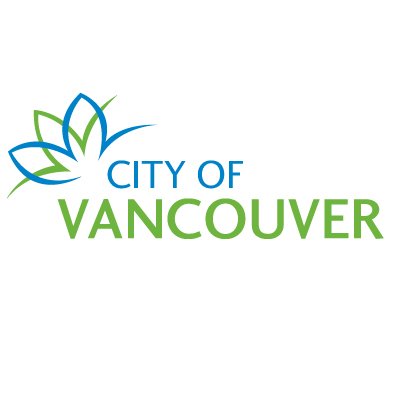

Without many details in the story it’s hard to understand what they are asking for but I suspect much of it is around delaying the automation that modern ports are moving to implement globally to reduce the risk of workplace hazards.
https://www.cbc.ca/news/canada/british-columbia/port-vancouver-rating-1.6873992
This has been a common theme with the ILWA pushing back on modernization to retain jobs at the cost of enormous expense due to accidents, injury and cargo loss due to human error. Like any other industry that gets automated, there needs to be a transition and I hope that’s part of these negotiations.
The world is coasting through a post-pandemic global cargo slowdown so terminal operators are trying to save money, so the timing for this makes it extra hard to just start handing out raises.
https://www.hellenicshippingnews.com/global-container-freight-stuck-in-doldrums/
Reading the other comments on this - I used to relate to them until I was exposed to the industry for a while and wow… All I can say is the public has a very different narrative, one that is crafted to create support for the unions, versus the real issues they are trying to resolve.
Without port automation, the infrastructure will continue to be slow, inefficient and dangerous, involving more workers to complete simple movements. This is not how you grow a business but when forced to hire a workforce from an organization with the power to strike, how do you progress when they stick their heads in the sand and release statements like:
Let’s talk about workplace injuries and lost time, damaged cargo and the resources it costs to continue to operate in the most inefficient way possible while continuing to pay much higher wages than the average labour market. Why don’t those stats every show up when a strike is in the news?